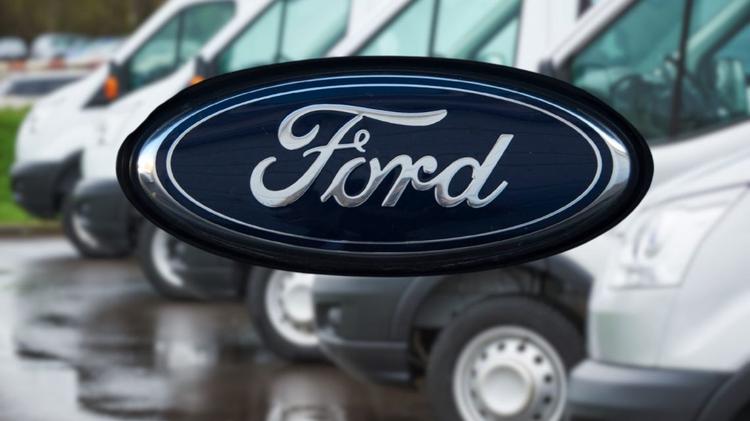Ford Motor Company has announced that it will test a small fleet of hydrogen fuel vehicles in the UK. The automaker will lead a consortium, which includes BP and Ocado, in testing an H2-powered E-Transit van. The project is funded in part by the Advanced Propulsion Centre and the UK government.
The company is planning to test a small fleet of H2-powered E-Transit vans in the United Kingdom.
Ford Motor Company recently announced its intention to test a small fleet of prototype hydrogen fuel cell vehicles. They will be testing an H2-powered E-Transit van to determine if they offer a viable zero-emission vehicle customers can use for long distance hauling of very heavy goods.
The test will be conducted by a consortium led by Ford, and it will run for three years.
Ford will be leading the consortium that includes BP and that will be focused on hydrogen fuel and infrastructure. The consortium will also include Ocado, an online supermarket and technology group in the United Kingdom.
“Ford believes that the primary application of fuel cells could be in its largest, heaviest commercial vehicles to ensure they are emission-free, while satisfying the high daily energy requirements our customers demand,” said Tim Slatter, the Ford’s UK chairperson in a prepared news statement.
The project is funded in part by the Advanced Propulsion Centre as well as by a venture between the government and auto industry.
Ford has joined many other companies in their growing interest in hydrogen fuel due to new government aid.
H2 powered trucks and vans have been receiving substantially more attention than they were a year or two ago. They have become quite appealing as a zero-emission alternative to electric vehicles due to their practicality and a growing amount of government aid, especially from the US Inflation Reduction Act (IRA).
Though the majority of the world’s cars, short-distance vans and trucks that currently operate on fossil fuels such as diesel and gasoline could be replaced by battery electric vehicles (BEVs) before 2050, H2 offers a wide spectrum of options and advantages unavailable in BEVs.
The Difference Between BEVs and FCEV’s
Moreover, H2 is particularly appealing to long-haul fleet operators that say that batteries don’t provide adequate range, they’re too heavy, and they require too much recharging time. There is also substantial concern that too many rechargeable battery electric vehicles could rapidly overload power grids.
On the other hand, hydrogen fuel cell vehicles can refuel in about the same amount of time needed to fill a gas or diesel tank and have a considerably longer range than BEVs.

